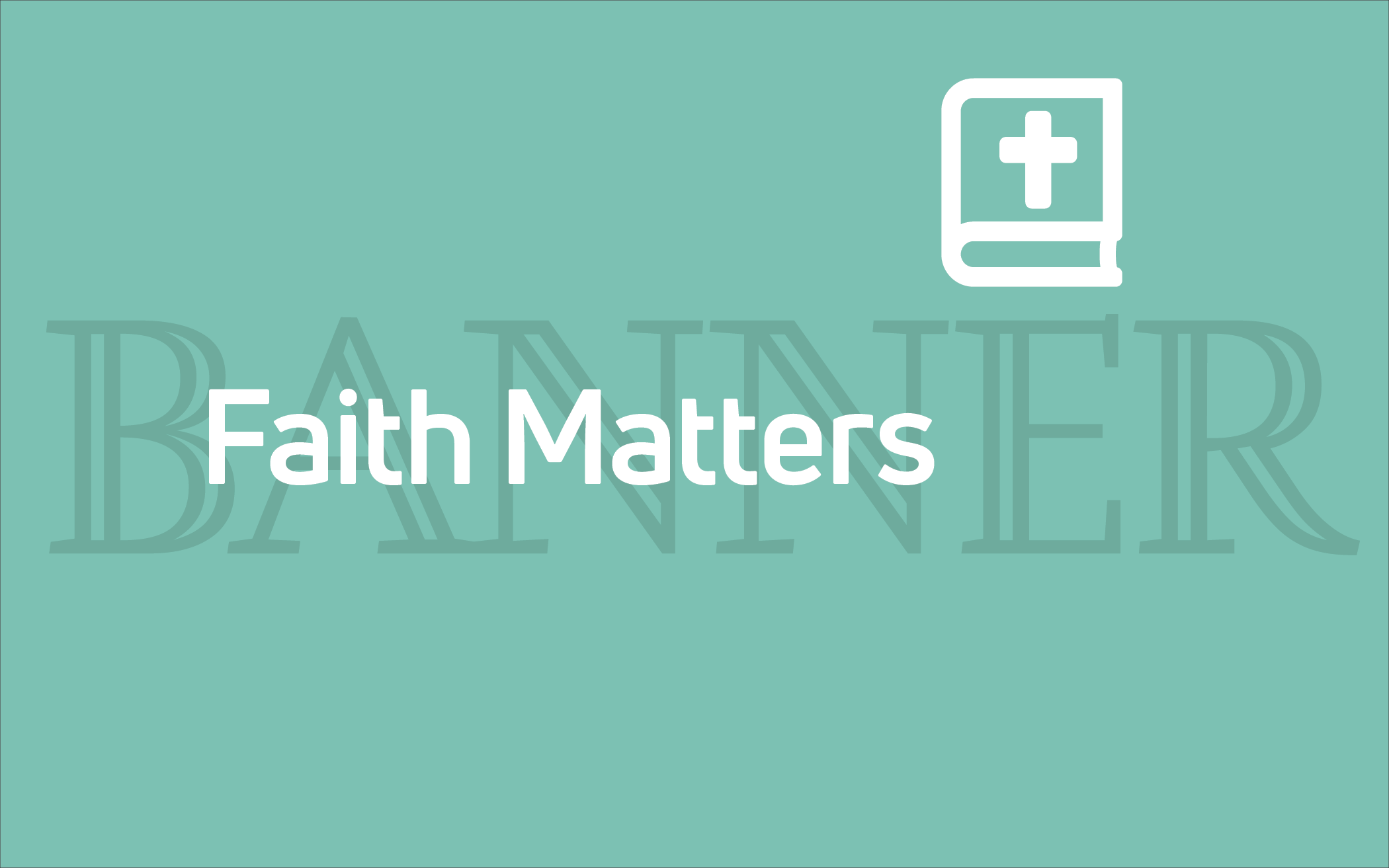“We all believe in our hearts. . . .”
A document written by a pastor in hiding who was eventually captured by authorities and executed.
A book whose contents were so challenging to the powers of the day that the only way to get it into the hands of the ruler without imperiling the author was to toss the book over a castle wall to be discovered by members of the government.
A text so popular that it went through 11 editions in three languages in just five years.
A document so clear and so articulate that it was quickly adopted as one of the standards of the Reformed faith, first for the churches of the Netherlands and then wherever these churches spread around the world.
The text is the Belgic Confession. Written in a time of religious upheaval, the Belgic Confession sought to present to King Philip II of Spain, a Roman Catholic, the Reformed beliefs of up to 100,000 of his subjects in the Low Countries of northern Europe. The confession’s author, pastor Guy (Guido) de Bres, had been serving the “churches under the cross” in modern-day Belgium. His confession, originally written in French and first published in 1561, was rapidly translated into Dutch and German and officially accepted at the 1566 Synod of Emden as a foundational confession of faith for Dutch Reformed churches. The Catholic political authorities in the Netherlands captured De Bres and hanged him as a rebel in 1567.
The Belgic Confession clearly has a powerful early history. But does it have any lasting significance for our churches today? Is it more than a historical document established as one of the three confessional standards of the Christian Reformed Church? In what ways can the Belgic Confession still speak to us?
First, it can be a teaching and discussion tool. The Belgic Confession offers a relatively compact and accessible text, handily organized by topic, and it’s rooted in Scripture, making it an ideal guide for high schoolers or adults to learn what we believe.
Next, as noted by Pastor Bryant de Kruyter of Woodlawn CRC (Grand Rapids, Mich.), the Belgic Confession provides time-tested language that preachers can use to clarify and explain key Reformed doctrines in their sermons.
Last, the Belgic Confession can be a resource for personal reflection. In a world where personal faith can sometimes feel unrooted and dependent on how we feel at any given moment, it’s good to reflect more deeply on what and why we believe so that we can indeed stand ready to give an account of the hope that is in us.
We cannot expect confessions and creeds to do all these things on their own. They do not cover every area of Christian life (the Belgic Confession has little to say about creation care or God’s call to justice, for instance), and they should always be used in conjunction with Scripture and prayer. We also must remember the historical context that shaped the text. The fear that Catholics would view the Reformed as religious radicals, for instance, helps explain the Belgic Confession’s repeated critique of the Anabaptists.
But this confession does link Reformed believers across time and geography, from one pastor writing to defend and explain his people’s faith centuries ago in Europe to Reformed believers around the world today who can still proclaim,“This holy church is not confined, bound, or limited to a certain place or certain people. But it is spread and dispersed throughout the entire world, though still joined and united in heart and will, in one and the same Spirit, by the power of faith” (Belgic Confession, Article 27).
Discussion Questions
- How does reading about the powerful early history of the Belgic Confession influence your appreciation for the confession?
- What is one of your favorite passages or article from the Belgic Confession? How does that passage speak to you?
- What do you think is the purpose of having confessions? Why is that important?
- What might be some healthy (or unhealthy) ways to use the confession?
About the Author
Karin Maag is the director of the H. Henry Meeter Center for Calvin Studies, and professor of history at Calvin College. She is a member of Woodlawn CRC in Grand Rapids, Mich.







